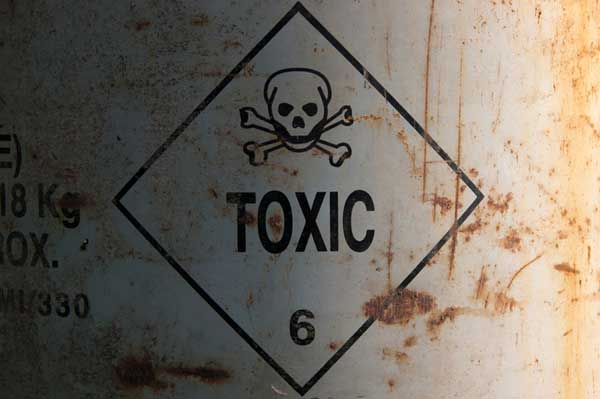Following Toxic Leaders
Most of us claim to be repulsed by toxic leaders, those who engage in destructive behaviors that result in serious and enduring harm to their followers. But the troubling reality is that people often follow them, and remain under their spell even when we clearly know their corruption and cruelty.
Exploiting Followers
What are the forces that entice followers, again and again, to accept and often favor these piranhas? In The Allure of Toxic Leaders, Jean Lipman-Blume1 identifies three empty promises they use to seduce people to follow them:
3 Empty Promises of Toxic Leaders
1. The promise to keep us safe.
Dependency on parents and caretakers during childhood often instills a deep-seated ambivalence in us toward authority. We learn both to desire and despise it. Nevertheless, most of us as adults tend to transfer our ambivalence to other authority figures – bosses, ministers, therapists, politicians – in exchange for the promise of security. Consequently the toxic leader is adept at exploiting this transference, and the convoluted relationship yields bitter fruit.
2. The promise to anoint us as special.
Belief systems that anoint the followers of toxic leaders as special have a magnetic pull. The chosen group can be Calvinists, MIT grads, Muslims, Nazis, Jews, Navy Seals, Lutherans, Buddhists, or Apple associates. Believing we are chosen buoys our pride, and tends to seduce us to venerate the leader who personifies our special status.
3. The promise to belong.
The need for community runs deep. Plato insisted that people share the fundamental need to live in groups to become human. Charles Manson is an extreme example of the toxic leader who twists and distorts peoples’ better instincts in order for them to be part of the “family.” Often people are slow to withdraw from the community that surrounds the leader for fear of the perceived dreads and dangers that lurk outside the group.
This web of unfulfillable promises allows toxic leaders to retain power and to abuse those who follow them. Laying bare these forces helps to explain why people are tempted to accept leaders who terrorize their businesses, their governments, their schools, their churches, and even their lives.
A better understanding of how toxic leaders entice can forearm us to examine those we follow with more discernment with the hope of liberating ourselves for their grip and selecting better leaders.
1Jean Lipman-Blumen, The Allure of Toxic Leaders: Why We Follow Destructive Bosses and Corrupt Politicians–and How We Can Survive Them. Oxford University Press, 2005.

Leave a Reply